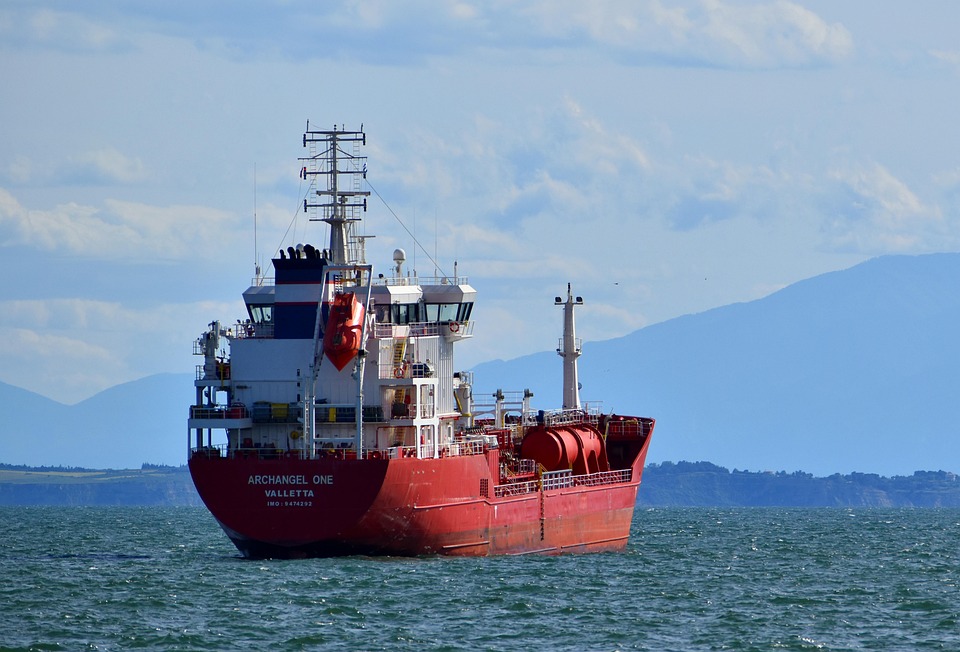
How to Choose a Pharmaceutical Export General Agent?
When selecting a general agent for pharmaceutical exports, it is essential to focus on three key dimensions:Professional QualificationsandIndustry ExperienceandThe Global NetworkHigh-quality agencies should possess:
- Pharmaceutical Business License and GSP Certification
- At least 5 years of hands-on experience in pharmaceutical product export cases.
- Having an in-house customs clearance team in the target market
- Familiar with WHO prequalification and PIC/S standards.
For example, in 2022, a biopharmaceutical company had €2 million worth of vaccines detained at a Dutch port for 37 days due to the agency's unfamiliarity with EU GDP regulations, resulting in direct losses exceeding €150,000.
What are the core components included in the general agency service?
Comprehensive pharmaceutical export agency services cover four major modules:
- Access Compliance
- Preparation of registration documents for the target country (e.g., FDA 510(k), CE technical documentation)
- Cold Chain Transport Validation (IQ/OQ/PQ)
- Logistics Management
- Temperature-controlled packaging solution design (2-8℃ or -70℃)
- Real-time Temperature Tracking System Integration
- Customs clearance guarantee
- Priority customs clearance for AEO - certified enterprises
- ATA Carnet Emergency Plan
What are the essential documents required for the collaboration process?
MedicineExport agentThe standard process involves three major document systems:
- Qualification documents: GMP Certificate, Free Sale Certificate, Product Registration Certificate
- Transportation documents: Maritime Transport Identification Certificate, UN38.3 Test Report, DGR Certification
- Customs clearance documents: Certificate of Origin, Certificate of Analysis (COA), Import License Filing
A certainMedical DevicesIn 2024, the company had three containers of goods detained by U.S. Customs due to failure to promptly update the FDA Establishment Registration, resulting in a three-month delay to complete the supplementary registration.
What are the special compliance requirements for pharmaceutical exports?
Unlike ordinary goods, pharmaceutical product exports must comply with regulatory requirements at three levels:
- Registration level:EDMF/ASMF Document Integrity Review
- Production level: 21 CFR Part 11 Electronic Records Compliance
- Transportation level: IATA Cold Chain Transport Special Provisions
Recommended adoptionINCOTERMS 2025The DPU clause clearly defines the division of responsibilities for unloading at the destination, mitigating the risk of no cargo pickup upon arrival.
How to Avoid Medical RisksExport agentRisks?
The risk is controlled through a triple safeguard mechanism:
- Contract Terms: Agreed minimum transportation temperature deviation threshold (±3°C)
- Insurance coverage: Purchase product liability insurance (PLI) and clinical trial liability insurance
- Emergency response mechanism: Establish a global emergency warehouse network (e.g., hub warehouses in Dubai and Singapore)
An innovative pharmaceutical company swiftly responded to changes in Southeast Asian customs policies in 2025 by utilizing a Singapore transit warehouse, thereby avoiding a $2 million order loss.
How to reasonably plan the general agency costs?
Recommended adoptionThe Staircase Charge Model:
- Basic service fee (registration + customs clearance): 5-8% of the contract amount
- Value-added service fee (cold chain validation): $12,000–20,000 per instance
- Risk-sharing Fund: Incorporated into the Annual Sales Rebate Mechanism
Please verify whether the agent's quotation includes hidden costs such as WHO prequalification consulting. In 2024, a certain company incurred an additional 42% over budget due to unclear technical documentation preparation fees.


 Follow Customer Service WeChat
Follow Customer Service WeChat